Posthumously, Susan Sontag's journals are available to the public, edited and published by her son. The following is an interesting excerpt from 1957, and apt for this blog.
"In the journal I do not just express myself more openly than I could do to any person; I create myself.
"The journal is a vehicle for my sense of selfhood. It represents me as emotionally and spiritually independent. Therefore (alas) it does not simply record my actual, daily life but rather -- in many cases -- offers an alternative to it.
"There is often a contradiction between the meaning of our actions toward a person and what we say we feel toward that person in a journal. ...We rarely do know what people think of us (or, rather, think they think of us).... One of the main (social) functions of a journal or diary is precisely to be read furtively by other people, the people (like parents + lovers) about whom one has been cruelly honest only in the journal..."
{I'm so totally bored right now. Can we just get to the diary already? So what, Sontag's mass smart. Did she ever write any rhyming poems? Well?! Let's get on with my tragic deepness, already.}
Though the diaries of "Trista" suffer in comparison to the acuity of Sontag's thoughts, the startling, harsh, informed glitter of her opinions, and the worldliness of her experiences , it is interesting to note, nonetheless, that a diary is a form of creating oneself - simultaneously typical, mundane, wholly remarkable, and singular.
Subscribe to:
Post Comments (Atom)




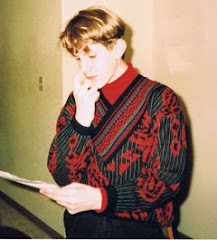









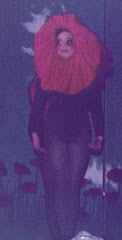

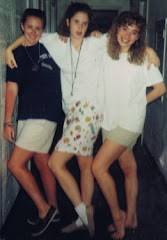
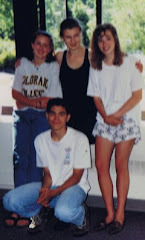
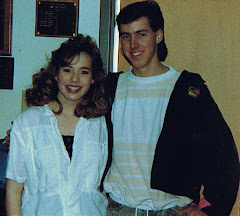
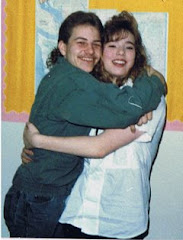


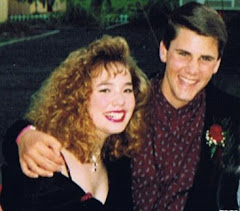





Love the site! One of the most creative blogs out there. Plus I think you're pretty cute!!!
ReplyDelete